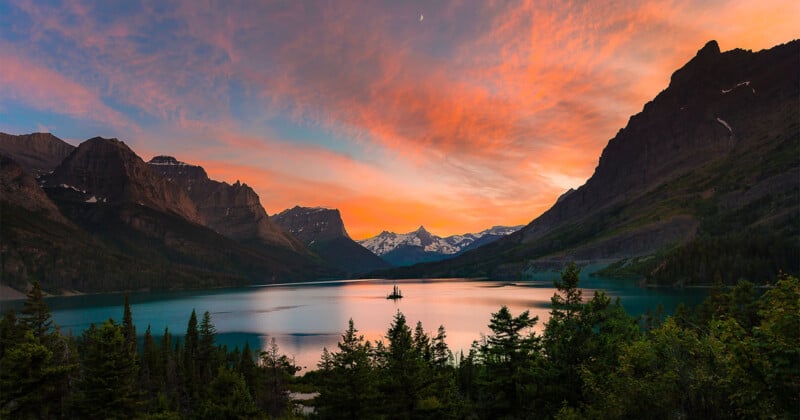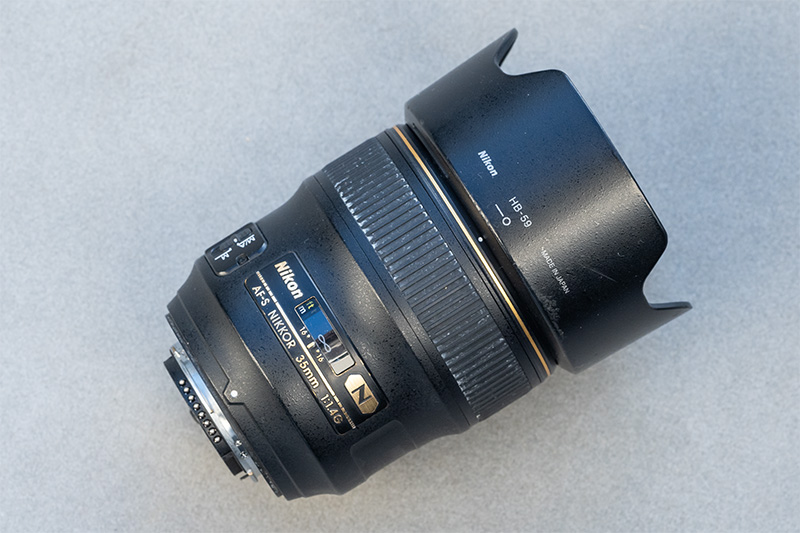 Glacier National Park
Glacier National ParkDays before Christmas, the United States Senate passed a wide-ranging bill, the EXPLORE Act, which included provisions to reform how filming permits work within National Parks. President Biden signed the approved bill into law over the weekend, just a couple of weeks before the end of his term.
Within the broader EXPLORE Act, the FILM Act is considered a significant win for filmmakers and creators. Under the previous law, filmmakers were required to obtain a permit and pay a fee to record footage within National Parks that they intended to profit from. These permits could be denied for a range of unpredictable and inconsistent reasons, per FIRE and the National Press Photographers Association, who jointly filed a lawsuit last month alongside photographers Alexander Rienzie and Connor Burkesmith, citing First Amendment violations relating to the now-outdated filming permit laws.
 Alexander Rienzie and Connor Burkesmith on the summit of Grand Teton.
Alexander Rienzie and Connor Burkesmith on the summit of Grand Teton.While the new law will still require permits for large-scale commercial productions within National Parks and associated public lands, smaller groups of photographers and videographers will now be able to film without going through the arduous process of acquiring permits, provided that they follow park regulations, operate safely, and do not force the federal government to incur undue costs.
Specifically, groups with fewer than six individuals who are there to document permitted activities on National Park Service property will no longer need a permit, regardless of whether any individual receives or intends to receive compensation for their photography or videography. Allowable filming that does not require a permit must not negatively affect the experience of other park visitors, disturb the ecosystem or park’s resources, hinder other people’s access to the park, require a set or staging equipment, or violate any public use policies or regulations. The complete details are described on the U.S. Congress’ website, but the primary takeaway is that most photographers and videographers will no longer need to apply for and pay for filming permits in National Parks.
“By removing unconstitutional barriers, this new law allows filmmakers to share the beauty and stories of our national parks without facing jail or fines for how they use the footage,” FIRE Chief Counsel Bob Corn-Revere tells PetaPixel over email. “FIRE applauds Congress and President Biden for taking this crucial step to ensure no one sheds their First Amendment rights just for stepping on land that belongs to the American public.”
Image credits: Featured image licensed via Depositphotos.





 English (US) ·
English (US) ·